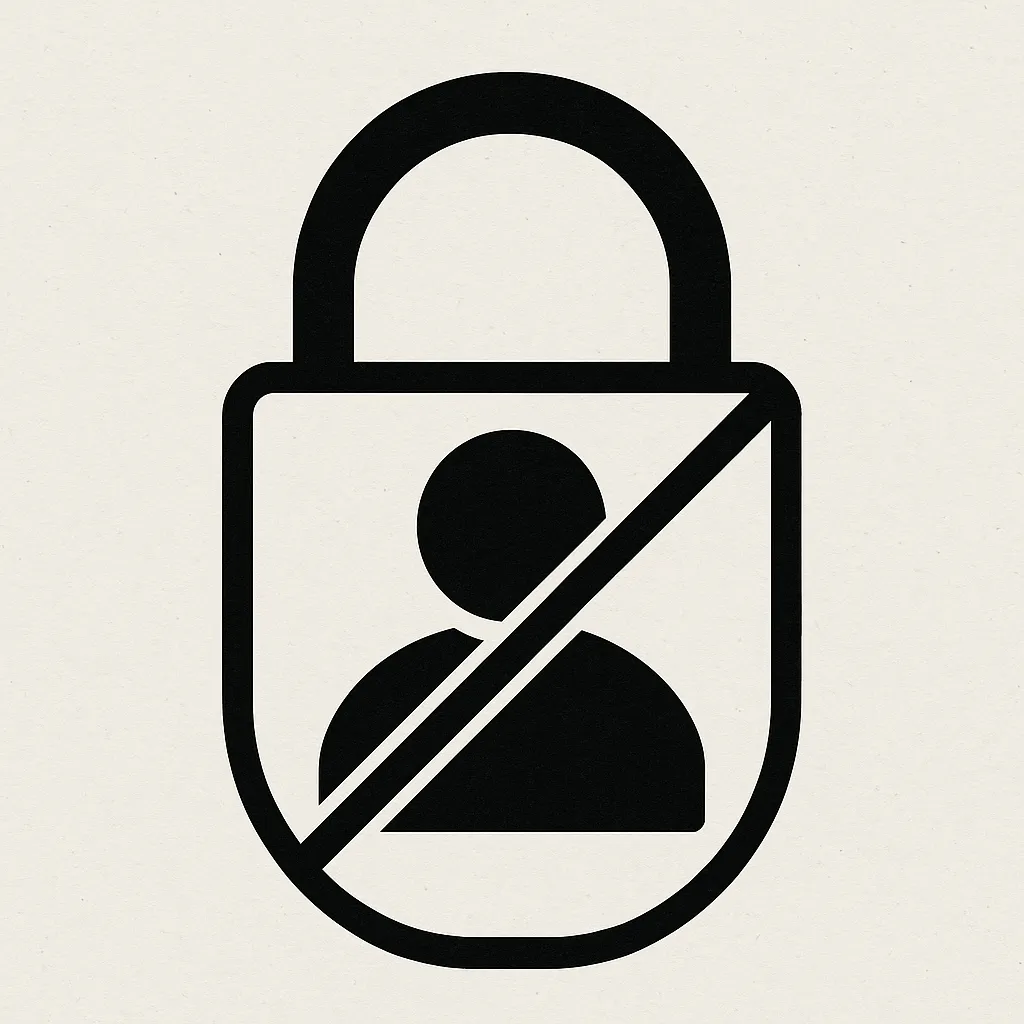When Diagnosis Becomes Gatekeeping: The Real Story Behind the Autism "Explosion"
 Last week, The Guardian published a letter to the editor that asks whether the dramatic rise in autism diagnoses is "really good news."
Last week, The Guardian published a letter to the editor that asks whether the dramatic rise in autism diagnoses is "really good news."
But what it's really asking is: How many autistic people are too many?
That question isn't framed as a threat. It's framed as concern. Concern that diagnostic categories are expanding too far. That services might be strained. That people who "don’t really need help" are claiming resources they shouldn't.
That concern is not neutral.
It positions recognition as a risk. It treats visibility as a cost. It defines legitimacy through suffering that others can measure.
Let’s get specific. The article quotes clinicians who worry that autism is becoming a “catch-all” label. It raises the specter of "concept creep." It implies that some of us—especially late-diagnosed adults, girls, or people with mental health overlays—are muddying the waters. Diluting the category. Threatening the people who "really need help."
But here's what that framing misses:
Diagnosis isn't inclusion. It's survival.
Many of us went decades without answers. Without language. Without support. Not because we were fine, but because we were good at hiding. Because we learned to perform neurotypicality while falling apart inside. Because the systems set up to diagnose autism were built around young boys, around meltdowns, around visible distress.
We learned to mask. And we got missed.
Now, when those same systems finally begin to recognize the quieter forms of suffering — the burnout, the exhaustion, the relentless self-monitoring — the response isn’t relief. It’s resistance. Not because there isn’t real need. But because that need doesn’t look the way institutions expect.
And yet the burden of proof stays on us.
We have to prove that we belong. We have to justify our diagnosis. We have to make the case that we're "autistic enough" to deserve clarity.
Meanwhile, the systems that caused the silence get a free pass.
When The Guardian calls rising diagnosis rates a "double-edged sword," it ignores the blade we lived under before diagnosis. The misdiagnoses. The internalized shame. The years of thinking something was wrong with us, when the only thing wrong was that we didn’t fit a clinical checklist designed decades ago.
This isn't concept creep. This is course correction.
And yes, support systems are overwhelmed. But the solution isn’t gatekeeping. It’s redesign. It’s nuance. It’s policy that meets people where they are, instead of drawing lines between the "really autistic" and the rest.
If your concern is that resources won't stretch to cover everyone who's been left out, then your concern should be with the structure—not the newly recognized.
Because the problem isn't too many diagnoses. The problem is a system that was built for too few.
We won't apologize for being counted. We won't shrink to make the numbers look better. And we will not be erased—politely, professionally, or under the guise of diagnostic precision.
We are not concept creep. We are autistic people, long ignored. And we are finally being seen.